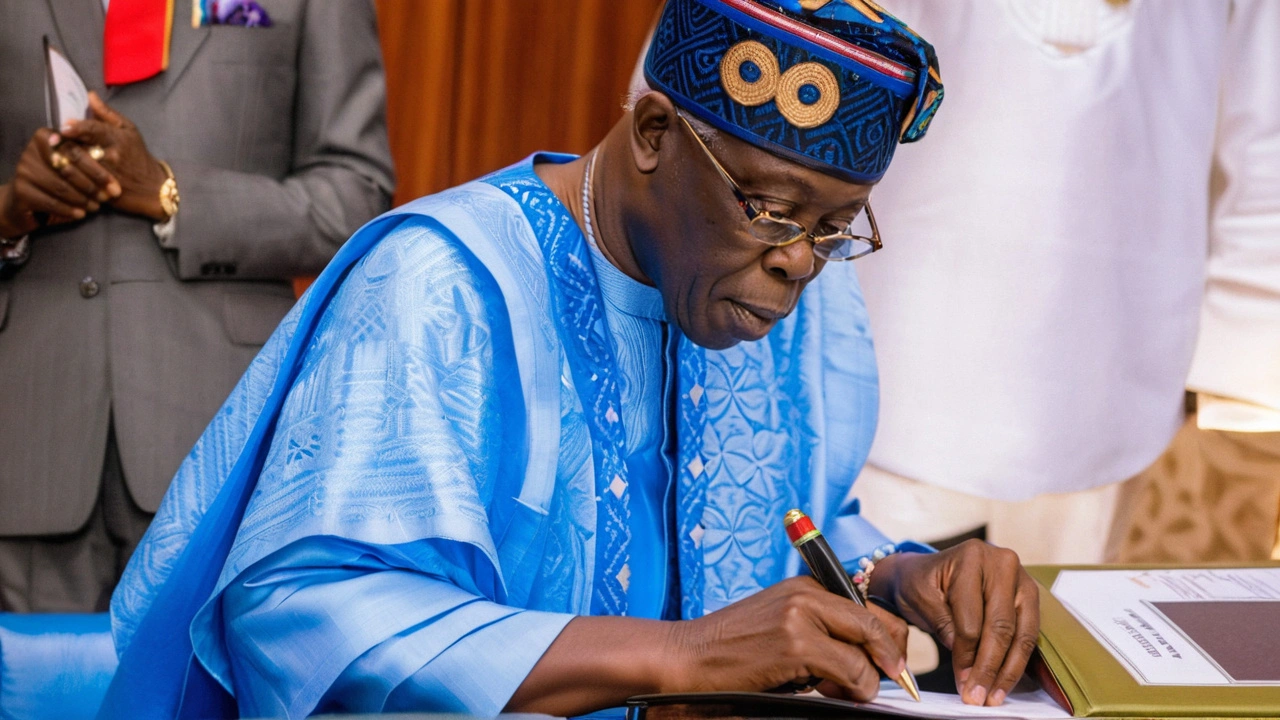Nigerian economy: What’s happening now
The Nigerian economy is moving fast and affecting millions — from traders in Lagos to farmers in Kano. Oil revenues, currency swings, inflation and policy choices shape daily life. You want clear, quick updates and practical context. This page gathers the latest news, explains key trends, and points you to reliable stories on Ginger Apple News.
Key drivers right now
Oil still matters — Nigeria gets big chunks of government income from crude exports, and global oil prices can make or break fiscal plans. But non-oil sectors are growing too: fintech hubs, agriculture tech, and local manufacturing show real momentum. The naira's value and central bank moves influence imports, food prices, and business costs. Watch for budget shifts, subsidy decisions, and foreign investment flows; each affects jobs and prices.
What to watch now
Inflation remains a headline. When food and transport costs rise, households feel it first. The Central Bank's interest rate stance will matter for loans and business growth. Also watch currency policy — any official peg or intervention changes import bills. Keep an eye on fiscal reforms: tax changes or public spending cuts can reshape small businesses and public services.
Investors and business owners need practical signals. Look for clear timelines on privatizations, fuel or power reforms, and big infrastructure tenders. Currency windows and central bank communications give clues about future rates. An IMF program or bilateral loans usually bring policy strings that can stabilize macro numbers but may tighten budgets short term. Private sector credit growth and loan default rates tell you if companies can survive higher rates.
How Ginger Apple covers it: we pull updates from official stats, central bank releases, business filings and on-the-ground reporting. Expect short explainers, quick roundup posts, and deeper analysis when big moves happen. Want simple reads? Look for 'Explainers' that break down budgets, fuel policy, or exchange changes in plain steps. For traders and entrepreneurs, our market briefs list rate moves, FX trends, and major contract awards.
How to follow updates: sign up for daily alerts, follow our economics reporters on social, and check the data sources we list. Track these metrics weekly: inflation rate, naira/FX moves, oil output, foreign reserves, and government borrowing. When one or two metrics jump, read the explainer first — it saves time and avoids panic. Want deeper reading? Open budget analyses and market briefs we tag under 'Nigerian economy.'
Quick tips: If you're a small business owner, keep a three-month cash buffer and lock suppliers' contracts when naira volatility is low. If you're an investor, compare yields to inflation and check company earnings before betting on stocks. For jobseekers, skills in fintech, agriculture tech, and renewable energy are in demand. Bookmark this tag to see all stories, and use the search to find past analyses on fuel subsidies, IMF talks, and FX policy. Questions? Send tips or questions to our editorial team — we use reader tips to dig into local stories.
Stay tuned here for fast, clear updates on the Nigerian economy. Follow, share, and save the stories you need now.
Nigerian Workers Await Tinubu's Signature on ₦70,000 Minimum Wage Bill
By Sfiso Masuku On 26 Jul, 2024 Comments (17)

President Bola Tinubu has received the ₦70,000 minimum wage bill, signaling a significant boost in worker's earnings. After rigorous review by both the Senate and the House of Representatives, the bill awaits the President's signature. This move aims to improve workers' welfare and address Nigeria's high cost of living, with the exact signing date yet to be announced.
View More




